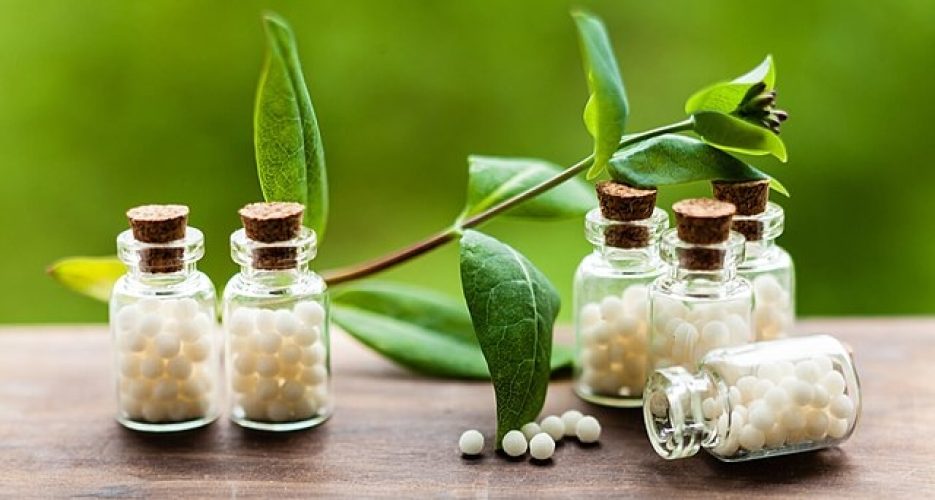On my podcast, Geetu Anand, a homoeopath, talks about the unique principles of homoeopathy and its ability to trigger the body’s natural healing mechanisms. But here, I’ve explored other approaches to healing, too, from traditional practices to modern medicine.
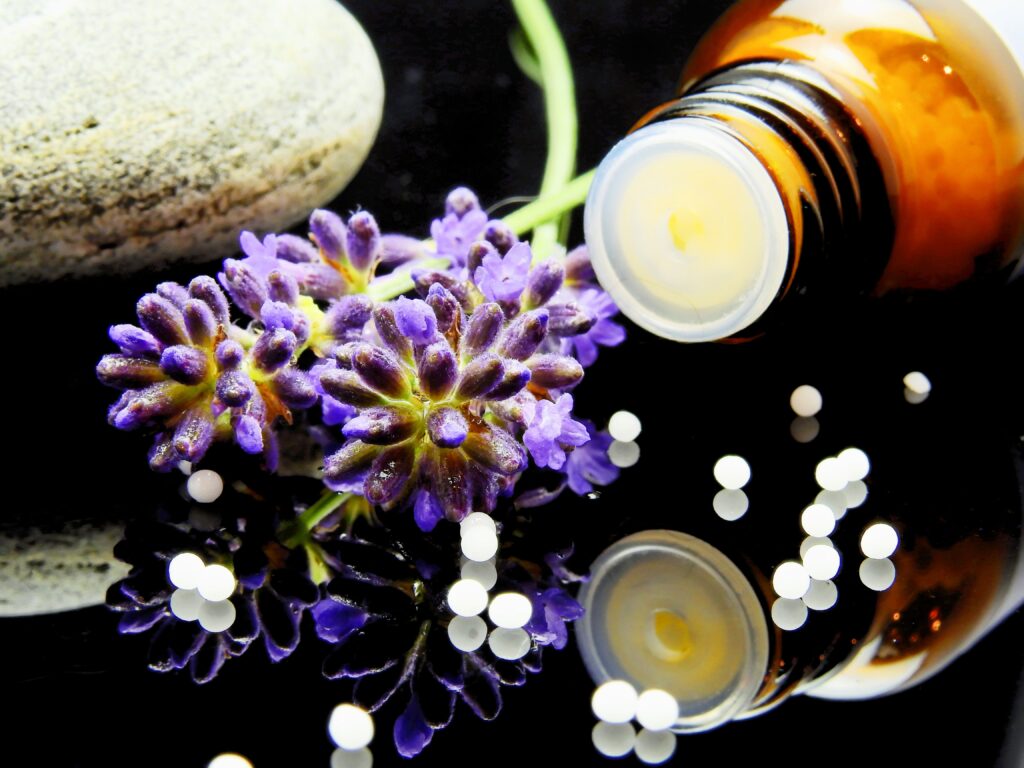
Throughout history, humanity has sought healing and continuously strived to discover better methods of attaining well-being. Medicine, as we know it today, therefore includes a diverse array of approaches, each based on unique perspectives and methodologies for treating ailments. From age-old traditional practices passed down through generations to cutting-edge advancements in modern science, the world of medicine, today, presents a rich variety of options for patients to explore on their journey to optimal health. By gaining a deeper understanding of these different methods, individuals can make informed decisions about their healthcare, embracing the potential for holistic well-being.
Home Remedies: Embracing Nature's Healing Power

Ahil Lalani, a social media intern from Nashik, Maharashtra, would tell you that he swears by home remedies. Asked why, he says, it’s due to their all-natural and holistic approach to healing. For minor ailments like headaches and mild colds, he believes that natural substances like herbs and essential oils offer effective relief. Home remedies can also complement medical treatments, providing additional support for overall well-being. “In some cases, home remedies can be used alongside medical treatments to provide additional support. For instance, warm compresses can soothe muscle pain while undergoing physical therapy for an injury,” says the 21-year old.
Ahil Lalani, a social media intern from Nashik, Maharashtra, would tell you that he swears by home remedies. Asked why, he says, it’s due to their all-natural and holistic approach to healing. For minor ailments like headaches and mild colds, he believes that natural substances like herbs and essential oils offer effective relief. Home remedies can also complement medical treatments, providing additional support for overall well-being. “In some cases, home remedies can be used alongside medical treatments to provide additional support. For instance, warm compresses can soothe muscle pain while undergoing physical therapy for an injury,” says the 21-year old.

Here’s a list of some common remedies he’s familiar with:
- Turmeric Milk (Haldi Doodh): A popular remedy for colds and sore throats, turmeric mixed with warm milk is known for its anti-inflammatory and immunity-boosting properties.
- Ginger Tea (Adrak Chai): Ginger tea is cherished for its ability to ease indigestion, soothe sore muscles, and provide relief from nausea and cold symptoms.
- Tulsi (Holy Basil) Leaves: Tulsi leaves are considered sacred in Indian culture and are also often used to alleviate coughs, respiratory issues, and boost immunity.
- Ajwain (Carom Seeds) Water: Ajwain water is known for its digestive benefits and is commonly consumed to ease bloating and stomach discomfort.
- Lemon and Honey Water: A refreshing concoction of lemon juice and honey in warm water is a natural remedy for detoxification and improving digestion.
- Neem Leaves: Neem leaves are believed to have antibacterial properties and are used to treat skin conditions, promote oral health, and manage diabetes.
It’s important to note that while these home remedies have been traditionally used for various purposes, it is essential to consult with a healthcare professional before starting anything new, and more so, if you’re trying to treat any serious health concerns or medical conditions.
Allopathy: A Trusted Path to Health
Nisha Shah, a housewife from Mumbai, Vile Parle West, talked to Wellness Curated about her lifelong trust in allopathy. From fever to life-threatening diseases, Nisha relies on allopathic treatments, cementing her belief in this approach. Allopathy, which is conventional medicine, is an approach that utilises drugs, surgeries, and other interventions to treat diseases and alleviate symptoms. It is the dominant system of medicine practised in most parts of the world, including India.
The reason why many people, like Shah, favour allopathy is that it has a strong scientific foundation and is based on evidence-based practices, clinical trials, and rigorous research. The effectiveness of allopathic treatments in managing acute and life-threatening conditions has been well-established, which is why this instils a sense of trust and reliability among patients.
“The remarkable benefits and positive outcomes I have experienced through allopathy have solidified my unwavering belief in this approach. In a personal instance, when my own son was diagnosed with a life-threatening colon disease, we entrusted the care of skilled healthcare professionals and opted for the allopathic approach, leading to his successful recovery and now, he is out of danger,” says the 49-year-old homemaker.
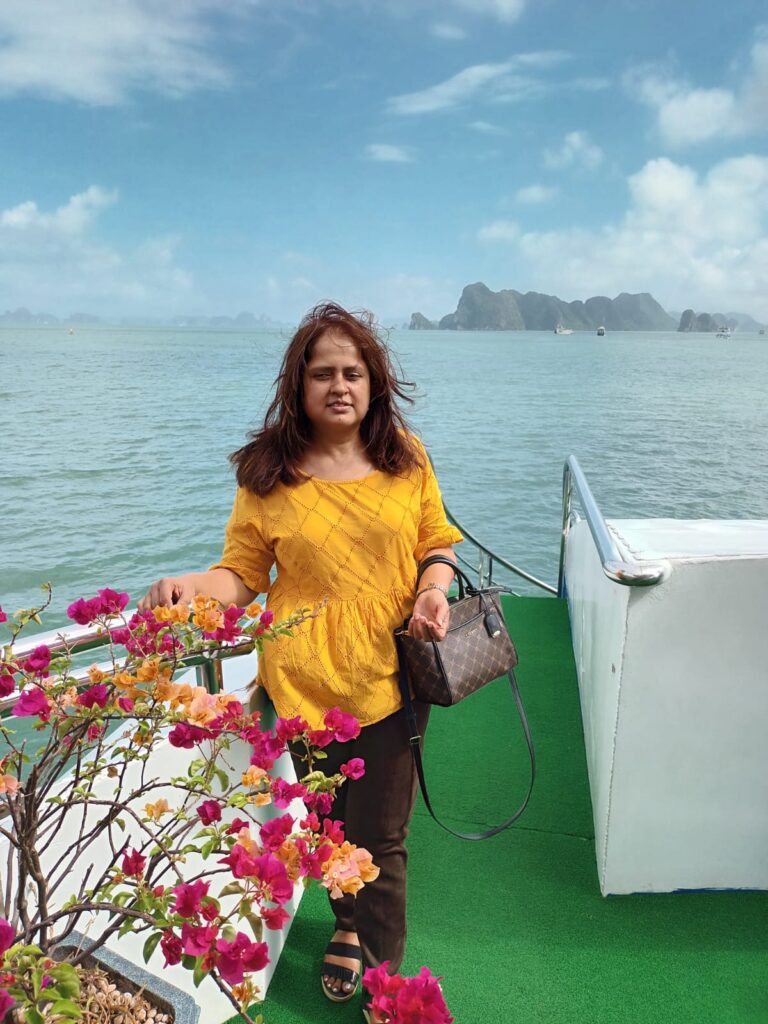

Nisha Shah, a housewife from Mumbai, Vile Parle West, talked to Wellness Curated about her lifelong trust in allopathy. From fever to life-threatening diseases, Nisha relies on allopathic treatments, cementing her belief in this approach. Allopathy, which is conventional medicine, is an approach that utilises drugs, surgeries, and other interventions to treat diseases and alleviate symptoms. It is the dominant system of medicine practised in most parts of the world, including India.
The reason why many people, like Shah, favour allopathy is that it has a strong scientific foundation and is based on evidence-based practices, clinical trials, and rigorous research. The effectiveness of allopathic treatments in managing acute and life-threatening conditions has been well-established, which is why this instils a sense of trust and reliability among patients.
“The remarkable benefits and positive outcomes I have experienced through allopathy have solidified my unwavering belief in this approach. In a personal instance, when my own son was diagnosed with a life-threatening colon disease, we entrusted the care of skilled healthcare professionals and opted for the allopathic approach, leading to his successful recovery and now, he is out of danger,” says the 49-year-old homemaker.
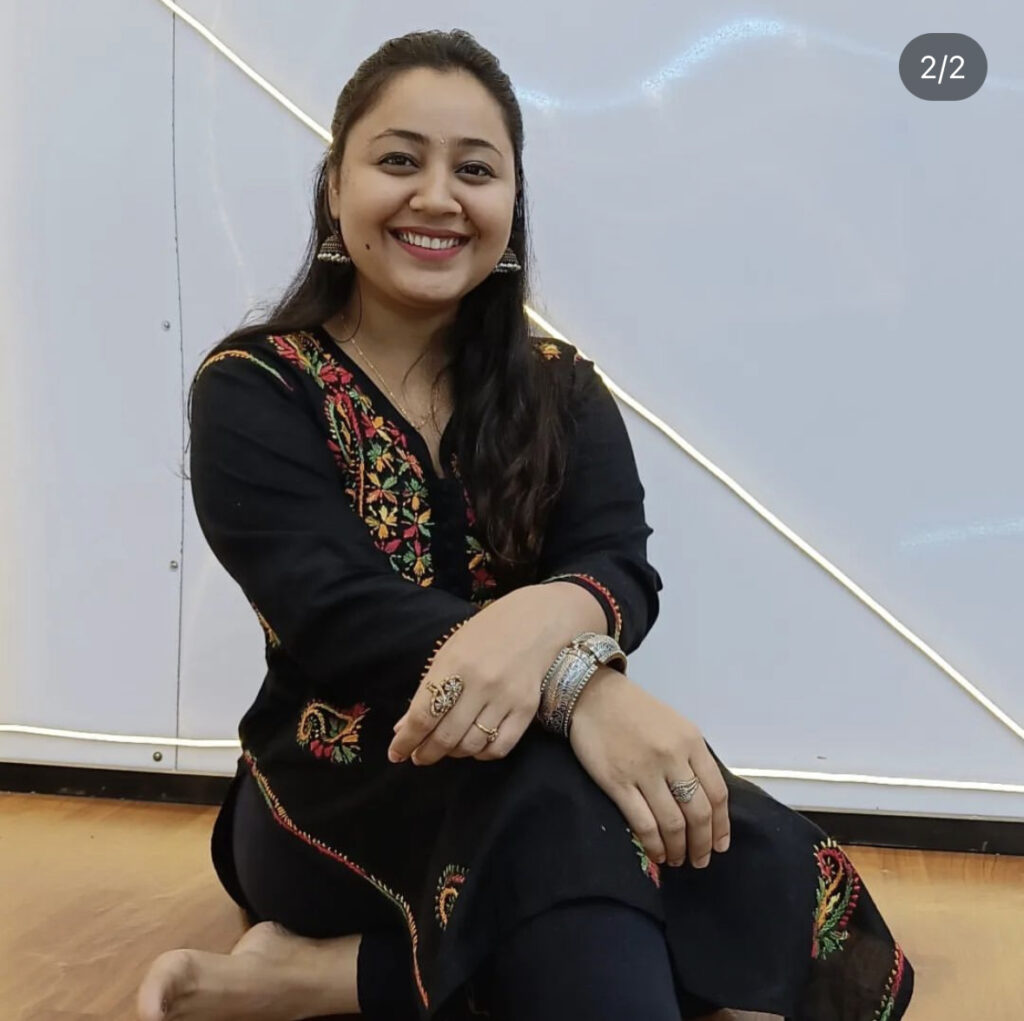
Nimisha Mane, a dancer and choreographer from Navi Mumbai, Thane, couldn’t agree more. Like Mane and Shah, the majority of people lean towards allopathy, their uneasiness with time-honoured practices often attributed to the perception that such practices are not scientifically validated or that they lack evidence-based outcomes.

Nimisha Mane, a dancer and choreographer from Navi Mumbai, Thane, couldn’t agree more. Like Mane and Shah, the majority of people lean towards allopathy, their uneasiness with time-honoured practices often attributed to the perception that such practices are not scientifically validated or that they lack evidence-based outcomes.
Blending Homeopathy and Allopathy for Optimal Care
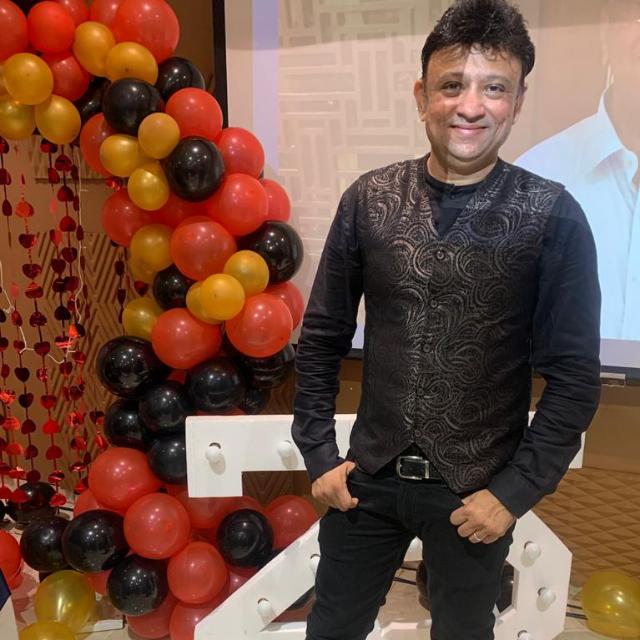
Nirav Modi, a 48-year-old businessman, who lives in Andheri, a suburb of the bustling metro of Mumbai, however, believes there’s no reason why one can’t combine the benefits of multiple approaches.
“At the core of my medical choices lies a preference for allopathy, particularly when immediate attention and prompt intervention are required to tackle acute health issues like fevers, infections, and urgent medical concerns. The proven and effective methods of allopathic treatments have been instrumental in addressing such situations throughout my life. However, when it comes to longer-term health management and chronic conditions, I find myself gravitating towards homoeopathy. The holistic and gentle nature of homoeopathic remedies resonates deeply with me, as they prioritise the individual’s overall well-being and aim to address the root cause of health problems, making it a fitting choice for a more comprehensive approach to healing,” says Modi.

Nirav Modi, a 48-year-old businessman, who lives in Andheri, a suburb of the bustling metro of Mumbai, however, believes there’s no reason why one can’t combine the benefits of multiple approaches.
“At the core of my medical choices lies a preference for allopathy, particularly when immediate attention and prompt intervention are required to tackle acute health issues like fevers, infections, and urgent medical concerns. The proven and effective methods of allopathic treatments have been instrumental in addressing such situations throughout my life. However, when it comes to longer-term health management and chronic conditions, I find myself gravitating towards homoeopathy. The holistic and gentle nature of homoeopathic remedies resonates deeply with me, as they prioritise the individual’s overall well-being and aim to address the root cause of health problems, making it a fitting choice for a more comprehensive approach to healing,” says Modi.
Homeopathy, the method he speaks of, is a holistic system of medicine that follows the principle of “like cures like.” It is based on the belief that a substance that can cause symptoms in a healthy person can also stimulate the body’s natural healing abilities to treat similar symptoms in a sick person. Homoeopathic remedies are prepared from natural substances and are highly diluted to minimise any potential toxicity while enhancing their healing properties.
Homoeopathy considers the individual as a whole, taking into account physical, emotional, and mental aspects to find a remedy that matches the person’s unique symptoms and characteristics. The goal of homoeopathy is to stimulate the body’s vital force and restore balance, promoting self-healing and overall well-being.
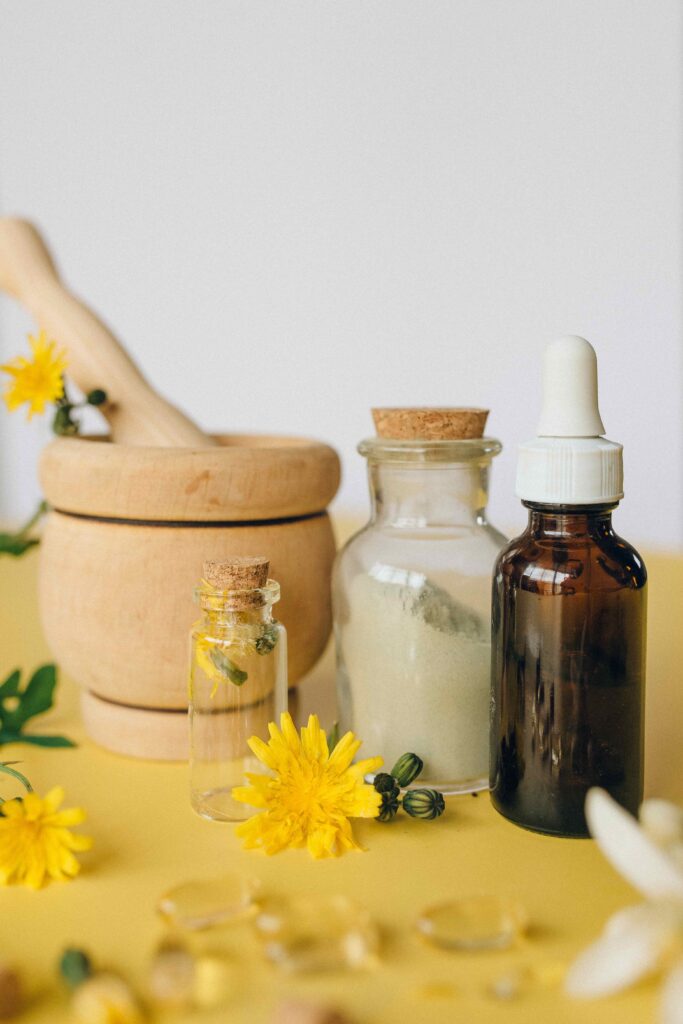
Homeopathy, the method he speaks of, is a holistic system of medicine that follows the principle of “like cures like.” It is based on the belief that a substance that can cause symptoms in a healthy person can also stimulate the body’s natural healing abilities to treat similar symptoms in a sick person. Homoeopathic remedies are prepared from natural substances and are highly diluted to minimise any potential toxicity while enhancing their healing properties.
Homoeopathy considers the individual as a whole, taking into account physical, emotional, and mental aspects to find a remedy that matches the person’s unique symptoms and characteristics. The goal of homoeopathy is to stimulate the body’s vital force and restore balance, promoting self-healing and overall well-being.


Like Modi, Tushar Cooper, a 20-year-old law student and legal intern hailing from Vile Parle West, in Mumbai, has found great value in using homoeopathy for various purposes, such as treating common colds and migraines. He attests to its efficacy and benefits, and tells us that his belief in homoeopathy was further reinforced when he witnessed a friend’s successful experience with the treatment of urticaria, a skin condition that allopathic medicines failed to remedy. This success story left a lasting impression on Tushar, solidifying his trust in the holistic nature of homoeopathy.
In an episode of my podcast, Geetu Anand, a homoeopath, sheds light on the unique principles of homoeopathy and its holistic approach to healing. She states that if someone is experiencing kidney issues or an earache, homoeopathy will address the entire person, not just the specific ailment.
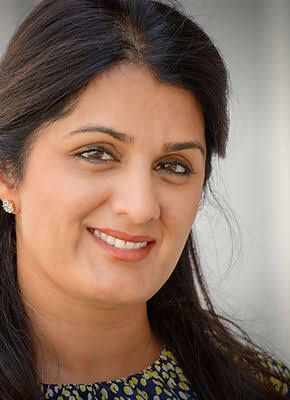


Like Modi, Tushar Cooper, a 20-year-old law student and legal intern hailing from Vile Parle West, in Mumbai, has found great value in using homoeopathy for various purposes, such as treating common colds and migraines. He attests to its efficacy and benefits, and tells us that his belief in homoeopathy was further reinforced when he witnessed a friend’s successful experience with the treatment of urticaria, a skin condition that allopathic medicines failed to remedy. This success story left a lasting impression on Tushar, solidifying his trust in the holistic nature of homoeopathy.
In an episode of my podcast, Geetu Anand, a homoeopath, sheds light on the unique principles of homoeopathy and its holistic approach to healing. She states that if someone is experiencing kidney issues or an earache, homoeopathy will address the entire person, not just the specific ailment.
Anand shares: “Homoeopathy triggers your body’s ability to heal itself. What happens is when your immune system gets stimulated by the [homoeopathic] remedies, it wakes up.”
Whether it’s the trust in evidence-based allopathy, the holistic nature of homoeopathy, or a blending of both for optimal care, the good news is that individuals can now make informed decisions about their healthcare journey, embracing the potential for holistic well-being.

